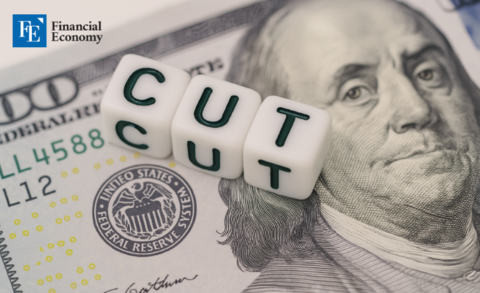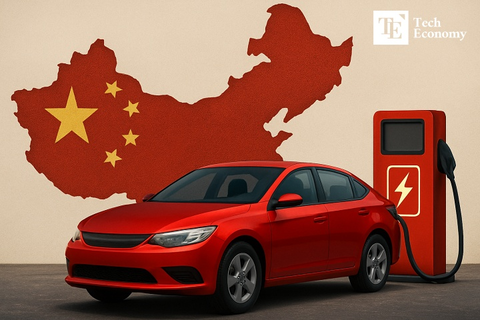Tariffs and Turmoil: The Auto Industry at a Crossroads
Input
Modified
Economist Sounds the Alarm: Laffer Warns of Industry Collapse The White House Responds: Protecting Jobs or Raising Prices? Tesla’s Tariff Advantage: How One Company Stands to Gain
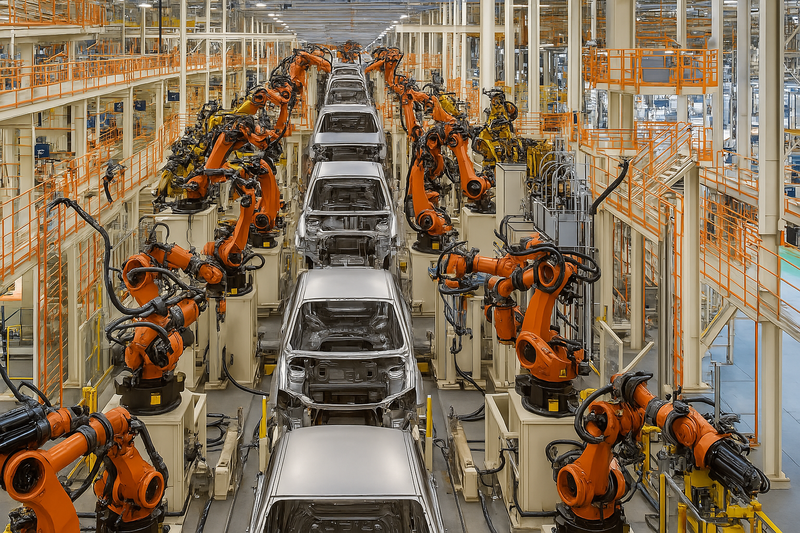
Economist Sounds the Alarm: Laffer Warns of Industry Collapse
The debate over tariffs has been a longstanding issue in the United States, with policymakers arguing both for and against them based on economic priorities. One of the latest and most contentious tariff proposals involves a 25% tariff on imported automobiles, which is seen as a strategic move to protect American manufacturers and reduce trade imbalances. However, not everyone is convinced that this approach will work in the long run, especially when it comes to the U.S. automobile industry.
Arthur Laffer, a renowned economist best known for developing the "Laffer Curve," has recently warned that the 25% tariff on cars could have catastrophic effects on U.S. automakers. Laffer, who has been a prominent figure in economic discussions and policy, issued a stark warning that the proposed tariff could inflict "irreparable damage" to the automotive sector. While the tariffs are intended to bolster domestic manufacturing and level the playing field, Laffer argues that the economic consequences could outweigh the benefits.
This concern comes at a time when the U.S. economy is already facing inflationary pressures, supply chain disruptions, and rising costs across multiple sectors. The risk of further escalating these issues with tariffs could have a profound impact on the cost of goods, specifically automobiles, which are often seen as a major purchase for American families. As the debate intensifies, business leaders and economists alike are weighing the potential fallout from the proposed tariffs, with some predicting that it may hurt U.S. automakers far more than it helps them.
Arthur Laffer’s warning regarding the 25% tariff on automobiles highlights the unintended consequences of protectionist trade policies. Laffer, who has been a major proponent of supply-side economics, argues that imposing such steep tariffs would lead to significant increases in the price of cars, hurting both consumers and manufacturers. According to Laffer, this could result in a dramatic drop in car sales and long-term damage to the U.S. automotive industry.
The key issue is the price increase that will likely follow the imposition of these tariffs. Automakers who import parts or complete vehicles from abroad would face higher costs, which they would inevitably pass on to consumers in the form of higher prices. Laffer’s concern is that U.S. consumers, already dealing with inflation and rising costs in other sectors, would struggle to afford higher-priced vehicles. This would likely lead to a decline in car sales, particularly in the mid- and lower-price segments, where most consumers traditionally purchase their vehicles.
For U.S. automakers, the long-term damage could be severe. Car manufacturers like Ford, General Motors, and Chrysler rely on a complex supply chain that spans the globe. Many of the parts used in American-made vehicles are imported from other countries, and a 25% tariff would raise the costs of those imports, making it more expensive for U.S. companies to produce cars domestically. The increased costs could further strain American automakers, who are already under pressure from changing consumer preferences and shifting market dynamics.
Additionally, Laffer’s critique of the tariff policy highlights a potential shift in the global competitive landscape. With countries like China and Japan offering more affordable and fuel-efficient alternatives, U.S. automakers could find themselves at a significant disadvantage if these tariffs are imposed. While the tariffs are designed to protect domestic manufacturing, they could end up hurting American companies more than foreign competitors, especially those with manufacturing plants in the U.S. that would face the brunt of the higher costs.
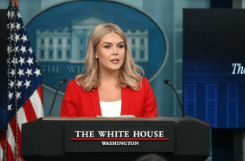
The White House Responds: Protecting Jobs or Raising Prices?
In contrast to Laffer’s warning, the White House has defended the 25% tariff proposal as necessary to protect American jobs and industries. The administration argues that the tariff is a vital tool for addressing trade imbalances and safeguarding domestic manufacturers from unfair competition. According to the White House’s position, the tariffs would encourage automakers to bring production back to the U.S., thus creating jobs and boosting the American economy.
By raising the cost of imported automobiles, the White House claims that domestic manufacturers will be incentivized to produce more cars within the United States, leading to job growth and economic benefits. The administration’s goal is to reduce the trade deficit by discouraging the import of foreign-made vehicles, particularly from countries that it believes are benefiting from unfair trade practices.
Additionally, the White House suggests that the tariffs could drive innovation and strengthen U.S. automakers’ competitive edge in the global marketplace. By shielding American manufacturers from foreign competition, the argument goes, the U.S. auto industry would have the breathing room needed to innovate, develop new technologies, and reduce dependency on foreign imports.
However, critics of this strategy argue that the long-term effects may not be as positive as the White House suggests. While it is true that tariffs can protect certain industries in the short run, they also raise the costs of production, which can lead to higher prices for consumers. In a globalized economy, where consumers have access to a wide variety of goods from around the world, tariffs may result in reduced consumer choice and a less efficient economy overall. The White House’s position on the matter reflects a classic protectionist approach to trade policy, which many economists argue is a short-sighted solution to deeper, systemic economic issues.
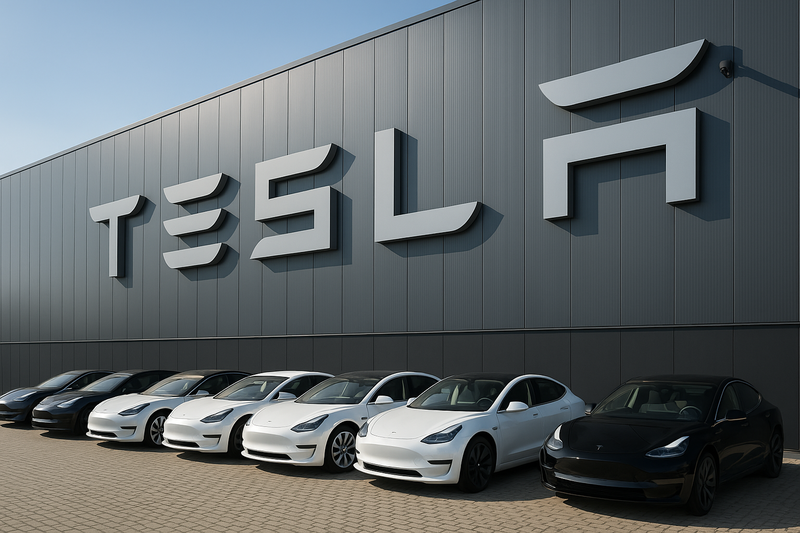
Tesla’s Tariff Advantage: How One Company Stands to Gain
In contrast to Laffer’s warning, the White House has defended the 25% tariff proposal as necessary to protect American jobs and industries. The administration argues that the tariff is a vital tool for addressing trade imbalances and safeguarding domestic manufacturers from unfair competition. According to the White House’s position, the tariffs would encourage automakers to bring production back to the U.S., thus creating jobs and boosting the American economy.
By raising the cost of imported automobiles, the White House claims that domestic manufacturers will be incentivized to produce more cars within the United States, leading to job growth and economic benefits. The administration’s goal is to reduce the trade deficit by discouraging the import of foreign-made vehicles, particularly from countries that it believes are benefiting from unfair trade practices.
Additionally, the White House suggests that the tariffs could drive innovation and strengthen U.S. automakers’ competitive edge in the global marketplace. By shielding American manufacturers from foreign competition, the argument goes, the U.S. auto industry would have the breathing room needed to innovate, develop new technologies, and reduce dependency on foreign imports.
However, critics of this strategy argue that the long-term effects may not be as positive as the White House suggests. While it is true that tariffs can protect certain industries in the short run, they also raise the costs of production, which can lead to higher prices for consumers. In a globalized economy, where consumers have access to a wide variety of goods from around the world, tariffs may result in reduced consumer choice and a less efficient economy overall. The White House’s position on the matter reflects a classic protectionist approach to trade policy, which many economists argue is a short-sighted solution to deeper, systemic economic issues.






